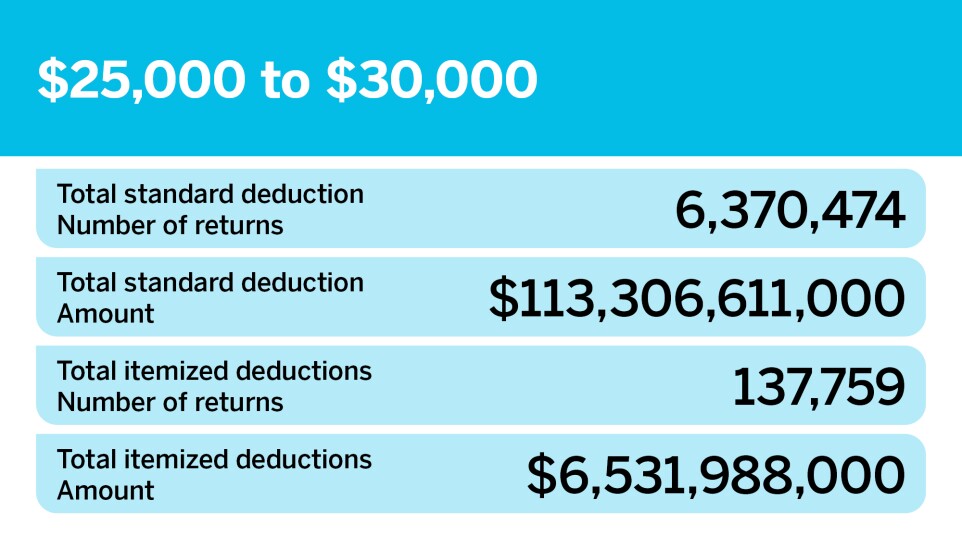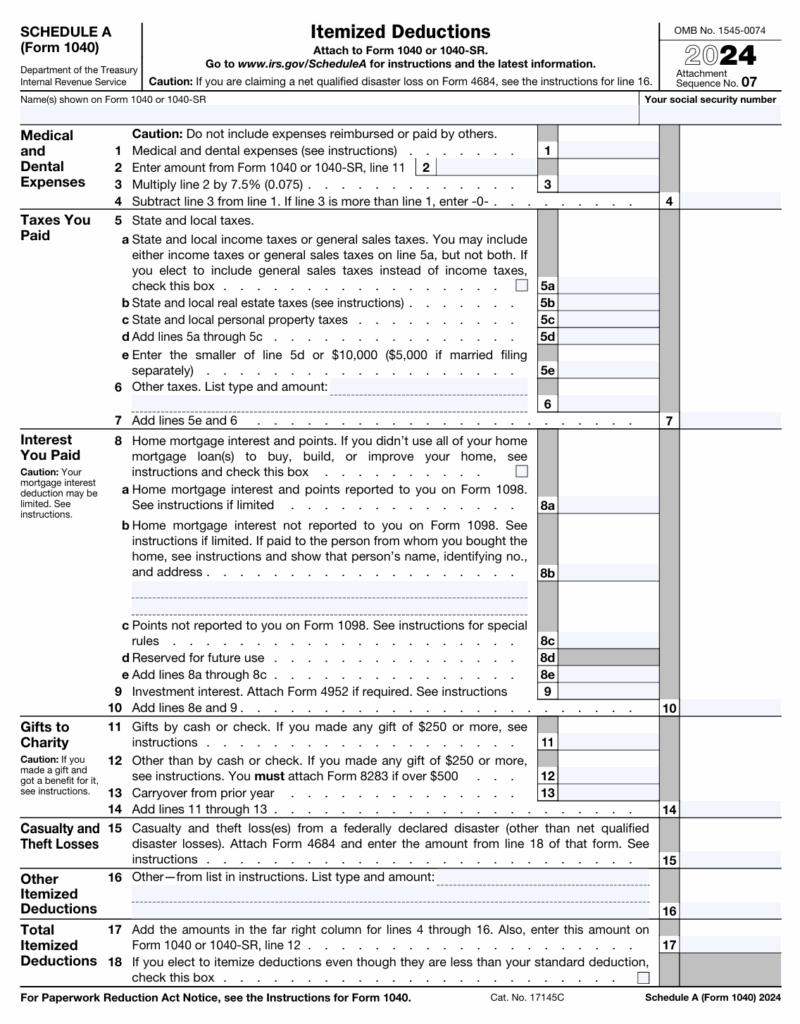All About the Foreign Earned Earnings Exemption: Optimizing Your Requirement Reduction Conveniences
The Foreign Earned Revenue Exclusion (FEIE) provides a valuable opportunity for U.S. residents living abroad to decrease their tax responsibilities. Recognizing the qualification standards is important for those seeking to benefit from this exclusion. Declaring the typical reduction can enhance total tax obligation benefits. Nonetheless, handling this procedure entails mindful focus to detail and a recognition of usual challenges. Checking out these aspects can offer clarity and optimize possible tax obligation benefits.
Understanding the Foreign Earned Income Exemption (FEIE)
The Foreign Earned Earnings Exemption (FEIE) permits U.S. citizens and resident aliens functioning abroad to omit a portion of their foreign earnings from government earnings tax. This arrangement works as a financial relief mechanism, making it possible for migrants to keep a larger share of their income gained in foreign countries. By lowering gross income, the FEIE assists minimize the burden of dual taxes, as people may additionally undergo tax obligations in their host countries. The exclusion applies just to made income, which consists of earnings, wages, and specialist fees, while easy earnings and financial investment gains do not qualify. To take advantage of the FEIE, individuals need to file details types with the internal revenue service, outlining their foreign revenues and residency - FEIE Standard Deduction. Comprehending the subtleties of the FEIE can substantially influence financial preparation for U.S. residents living overseas, making it vital for expatriates to stay educated concerning this advantageous tax obligation provision
Qualification Criteria for the FEIE
To get approved for the Foreign Earned Income Exclusion (FEIE), people must satisfy particular qualification criteria. This includes gratifying residency demands, passing the physical presence test, and establishing a tax obligation home in a foreign nation. Each of these variables plays an important function in establishing whether one can take advantage of the exclusion.
Residency Demands
Satisfying the residency needs is necessary for people seeking to get approved for the Foreign Earned Income Exemption (FEIE) To be eligible, taxpayers should establish a bona fide house in a foreign nation or nations for a nonstop duration that commonly covers a whole tax obligation year. This demand emphasizes the requirement of a much deeper link to the foreign location, relocating past plain physical visibility. Individuals have to show their intent to stay in the international nation and have established their living situation there. Elements such as the length of remain, kind of real estate, and regional neighborhood participation are thought about in figuring out residency. Meeting these standards is essential, as failure to do so might invalidate one from profiting from the FEIE.
Physical Presence Test
Establishing qualification for the Foreign Earned Revenue Exemption (FEIE) can additionally be achieved via the Physical Visibility Examination, which calls for people to be literally present in a foreign nation for at least 330 full days during a consecutive 12-month duration. This test is advantageous for those who might not satisfy the residency demand yet still live abroad. The 330 days should be complete days, meaning that any day spent in the USA does not count toward this total amount. It is vital for people to maintain exact records of their traveling days and places to support their cases. Effectively passing this test can substantially decrease taxed earnings and improve monetary outcomes for expatriates.
Tax Obligation Home Location
Tax obligation home area plays an important duty in figuring out eligibility for the Foreign Earned Revenue Exclusion (FEIE) To certify, an individual should establish a tax obligation home in a foreign nation, which indicates their main business is outside the USA. This stands out from a plain residence; the specific must conduct their job in the foreign country while preserving a substantial link to it. The IRS requires that the taxpayer can demonstrate the intent to remain in the foreign area for an extended period. Furthermore, keeping a home in the united state can make complex eligibility, as it might suggest that the person's true tax home is still in the USA. Understanding this requirement is important for optimizing FEIE advantages.
How to Assert the FEIE on Your Tax Obligation Return
Asserting the Foreign Earned Income Exclusion (FEIE) on an income tax return requires cautious interest to information and adherence to details internal revenue service guidelines. Taxpayers should initially confirm eligibility by fulfilling either the authentic residence test or the physical visibility examination. As soon as eligibility is confirmed, they need to complete IRS Type 2555, which information foreign gained revenue and relevant details concerning their tax obligation home.
It is vital to report all foreign earnings accurately and maintain suitable documentation to support cases. Taxpayers ought to likewise know the maximum exclusion restriction, which is subject to annual adjustments by the IRS. Declaring Kind 2555 along with the yearly tax obligation return permits taxpayers to exclude a section of their international revenues from united state taxation. Finally, it is recommended to seek advice from a tax specialist or internal revenue service sources for updated information and guidance on the FEIE important link procedure, ensuring compliance and maximization of potential advantages.
The Criterion Deduction: What You Required to Know
Just how does the basic deduction effect taxpayers' overall economic circumstance? The common deduction offers as a substantial tax obligation advantage, lowering taxable income and possibly decreasing tax liabilities. For the tax obligation year 2023, the typical deduction is evaluated $13,850 for single filers and $27,700 for married pairs submitting collectively. This reduction streamlines the declaring procedure, as taxpayers can choose it as opposed to detailing deductions, which calls for detailed record-keeping.

Taxpayers gaining international revenue might still declare the basic deduction, benefiting from decreased gross income even while making use of the Foreign Earned Revenue Exclusion (FEIE) Nevertheless, it is vital to keep in mind that the typical reduction can not be incorporated with itemized reductions for the same tax obligation year. Consequently, understanding the common reduction allows taxpayers to make informed decisions concerning their tax techniques, making best use of offered advantages while guaranteeing conformity with internal revenue service policies
Strategies for Optimizing Your Deductions
Optimizing deductions under the why not look here Foreign Earned Income Exemption requires a clear understanding of made revenue limits and the advantages of asserting real estate exemptions. Furthermore, making use of Type 2555 properly can improve the possibility for significant tax obligation cost savings. These approaches can substantially impact the general tax obligation liability for migrants.
Understand Earned Earnings Limitations
While lots of migrants seek to decrease their tax obligation worry, understanding the earned income restrictions is crucial for successfully leveraging the Foreign Earned Earnings Exclusion. The Irs (IRS) sets particular thresholds that dictate the maximum amount of international gained income eligible for exclusion. For the tax year 2023, this limit is $120,000 per certified person. Surpassing this limit may result in tax on the revenue over the limitation, reducing the advantages of the exclusion. To optimize reductions, expatriates must maintain precise records of their foreign gained revenue and assess their eligibility for the exclusion annually. Strategic preparing around these limitations can considerably improve tax obligation savings, allowing migrants to optimize their economic circumstance while living abroad.
Declaring Real Estate Exclusion Advantages
Numerous migrants ignore the potential benefits of asserting the Real estate Exemption, which can considerably lower their taxable income. This exemption permits people living abroad to subtract specific real estate expenditures from their gross earnings, making it less complicated to satisfy financial responsibilities without you could try these out incurring substantial tax obligation liabilities. To maximize this advantage, expatriates must verify they qualify based upon their house and work situations. Additionally, comprehending qualified expenditures-- such as rental fee, utilities, and upkeep-- can enhance the overall reduction. Keeping extensive records of these costs is necessary for validating insurance claims. By tactically steering via the Real estate Exemption, expatriates can notably decrease their tax burden and preserve more of their incomes while living overseas, ultimately improving their economic wellness.
Make Use Of Form 2555 Properly
Making use of Form 2555 properly can substantially enhance the monetary advantages available to expatriates, specifically after benefiting from the Real estate Exemption. This form enables people to assert the Foreign Earned Income Exemption, which can significantly decrease taxable earnings. To make best use of deductions, migrants need to verify they fulfill the certifications, consisting of the physical presence test or the authentic residence test. It is necessary to precisely report all international gained income and to maintain comprehensive records of qualification. In addition, using the Real estate Exemption in tandem with Form 2555 can even more lower total tax responsibility. By understanding the intricacies of these kinds, migrants can optimize their tax situation and preserve more of their hard-earned income while living abroad.
Common Risks to Stay Clear Of When Declaring Your Taxes Abroad

Often Asked Concerns
Can I Claim Both FEIE and the Foreign Tax Obligation Credit Scores?
Yes, an individual can claim both the Foreign Earned Income Exemption (FEIE) and the Foreign Tax Obligation Credit Rating (FTC) However, they must guarantee that the same income is not used for both benefits to stay clear of dual advantages.
What Occurs if I Exceed the FEIE Income Limit?
Going Beyond the Foreign Earned Revenue Exclusion (FEIE) income restriction causes the ineligibility for the exemption on the excess amount. This could bring about taxed income in the USA, calling for proper tax filings.
Exist Any State Tax Obligation Effects for FEIE?
State tax obligation effects for the Foreign Earned Income Exclusion (FEIE) vary by state. Some states might tire foreign earnings while others comply with federal exemptions, making it crucial for people to seek advice from state-specific tax laws for clearness.

Exactly How Does FEIE Influence My Social Safety And Security Perks?
The Foreign Earned Earnings Exemption (FEIE) does not straight impact Social Protection advantages. However, income excluded under FEIE might affect the calculation of average indexed regular monthly incomes, possibly influencing future benefits.
Can I Withdraw My FEIE Political Election After Asserting It?
Yes, a person can withdraw their Foreign Earned Revenue Exclusion (FEIE) political election after asserting it. This revocation must be done in composing and sent to the IRS, adhering to specific standards and target dates.
Understanding the Foreign Earned Income Exemption (FEIE)
The Foreign Earned International Exclusion EarningsFEIE) allows U.S. citizens and people aliens working abroad to exclude a leave out of their foreign earnings from federal income governmentEarnings Taxpayers earning foreign earnings may still claim the conventional deduction, profiting from minimized taxable revenue also while using the Foreign Earned Income Exclusion (FEIE) Maximizing reductions under the Foreign Earned Earnings Exclusion needs a clear understanding of earned income limits and the advantages of declaring housing exemptions. While many migrants seek to lower their tax burden, comprehending the gained earnings restrictions is crucial for efficiently leveraging the Foreign Earned Revenue Exclusion. Surpassing the Foreign Earned Earnings Exemption (FEIE) earnings restriction results in the ineligibility for the exemption on the excess amount.